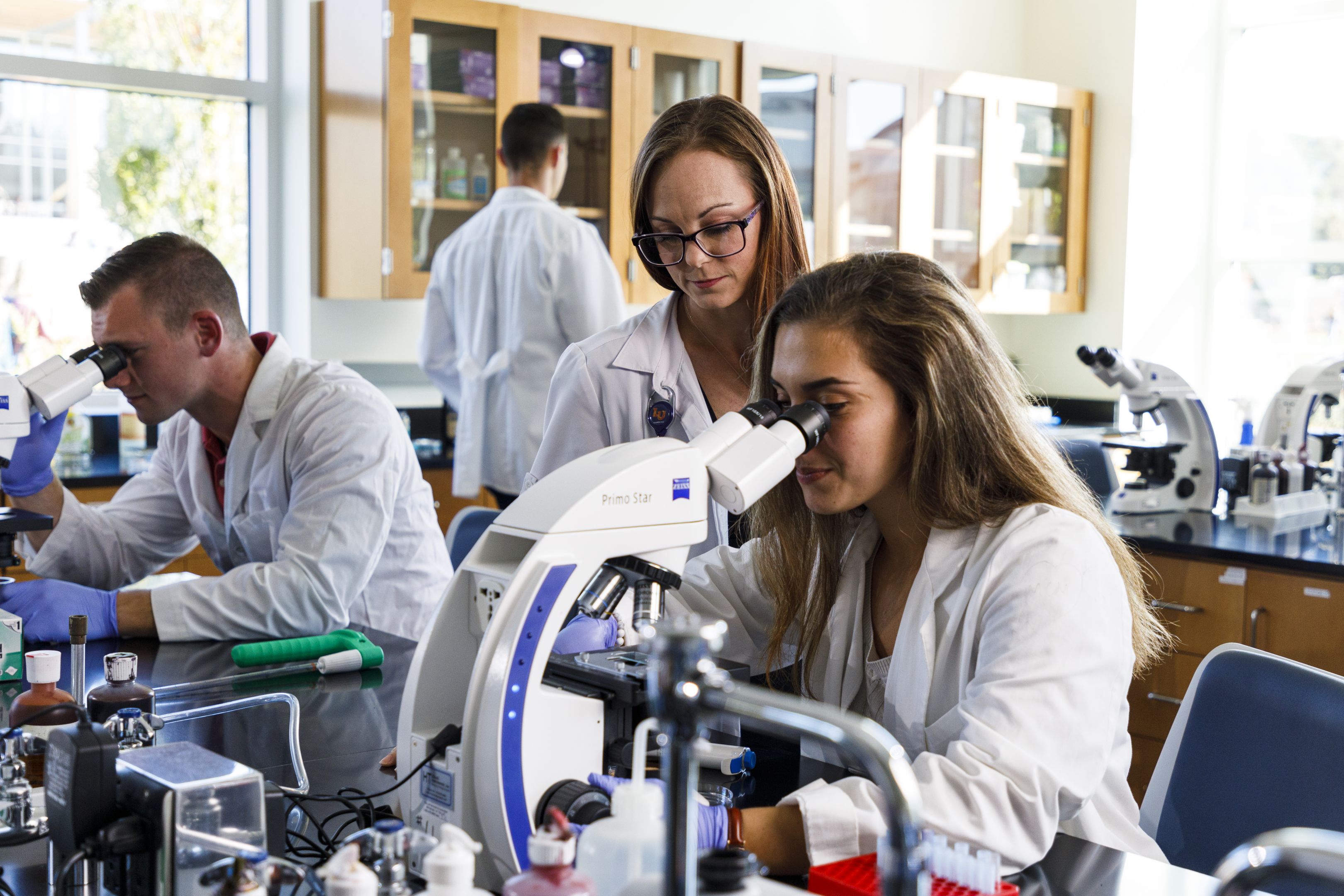
For individuals seeking to enter the fields of higher education and medical communication, a master of science in medical science offers a versatile academic pathway. This program equips students with a deep foundation in biomedical disciplines, critical thinking, and scientific literacy—skills that directly support careers in teaching and professional writing within the health sciences.
A best biomedical science master’s programs emphasizes a broad understanding of human biology, physiology, pharmacology, and disease processes. These core areas provide the scientific framework needed to teach at the undergraduate level in institutions such as community colleges or allied health programs. Graduates are qualified to deliver coursework in anatomy, biochemistry, or other foundational sciences, helping to address teaching shortages in academic settings focused on pre-professional health education.
In parallel, the communication skills developed through structured research and presentation requirements are directly transferable to careers in medical writing. From creating evidence-based educational materials to authoring technical documents for clinical and pharmaceutical audiences, graduates can contribute to science literacy in both academic and professional contexts. The demand for trained writers who understand scientific complexity and can translate it into accurate, accessible language continues to grow across publishing, healthcare, and regulatory environments.
The program also supports the development of scholarly writing through capstone projects, literature reviews, and data interpretation assignments. This not only sharpens analytical capabilities but also helps students become proficient in following guidelines established by scientific journals and institutional review boards. Graduates with this background are often well-prepared to serve in roles that involve editing, publication development, or educational content creation.
In addition, a graduate science education can contribute to community health by supporting accurate dissemination of medical information. Professionals trained in biomedical sciences often work with faculty, clinicians, and public institutions to develop resources that improve health literacy. This role is particularly critical in environments where accessible and evidence-based information plays a central role in public health outcomes.
Research from academic sources such as Medical Education Online has documented the growing need for qualified science educators and medical writers with graduate-level training. Programs in medical science address this need by offering interdisciplinary education that blends theory, application, and communication.
By bridging scientific training with practical application in education and writing, the master of science in medical science provides graduates with diverse and meaningful career opportunities that extend far beyond the laboratory or clinic.